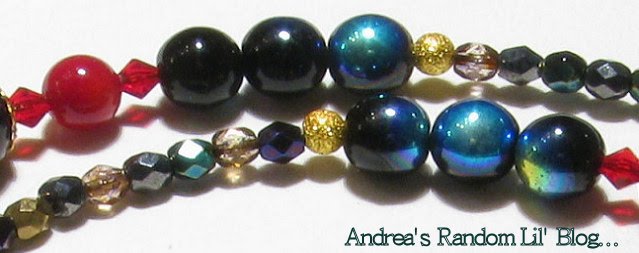 Last night we watched a very good Korean horror film, "Acacia", directed by Ki-Hyung Park, same director of "Whispering Corridors". It is a fantastic film, with beautiful photography and music. A little work of art.
Last night we watched a very good Korean horror film, "Acacia", directed by Ki-Hyung Park, same director of "Whispering Corridors". It is a fantastic film, with beautiful photography and music. A little work of art.I don't see it as much as a "horror" film, but rather as a drama. It tells the story of a childless couple longing for a baby. Since the baby doesn't come, they decide to adopt. The Father is a ob-gyn consultant. The Mom works as an art critic, exhibition judge or something like that.
They visit an orphanage and she sees the drawings of the kids, and is intrigued by a drawing that looks very much like Edvard Munch's "The Scream". As an art critic, she is fascinated by that and asks to meet the kid who drew it, an adorable 6 year-old, called Jim-seong. She decides to adopt him and the kid goes to live with his new parents.
In the end, she ends up getting pregnant and having another baby boy. Jim-seong starts to feel rejected and becomes very troubled and somber, which is quite understandable. He is jealous, his parents seem to have eyes for the new-born only, and do not seem to care very much about him. He then becomes attached to a dying acacia tree in the garden and claims that the tree is his "real Mother". At the same time he befriends his little neighboor, a lonely - and somehow precocious - 8 year-old girl, Min-ji.
But one day Jim-seong disappears and the family starts to live a nightmare of guilt and loss. More I must not tell, but the film grows increasingly sadder and a wee bit creepy as well. The images are beautiful though, everything looks like a dream, like a picture book. It is a deliberate tribute to Munch and his colours, and fantastic, dreamlike scenarios.
The acacia tree is an old symbol for innocence, purity and immortality. It is an evergreen. According to the Egyptian myth for example, Seth killed Osiris by locking him into a golden sarcophagus and setting it afloat on the Nile. The sarcophagus ended up in Byblos, and a beautiful acacia tree grew all around it, as if to protect the god's body. That acacia tree being so lush and fragrant, it was used to build a pillar for the King's palace, until Isis finally found it and broke it as to release her husband. Horus himself was born from inside an acacia tree, in one of the versions of the myth. Therefore, the acacia is associated to rebirth, immortality, and triumph over death - similar to the Phoenix. It is a key symbol in Freemasonry also. We would spend more than a week perhaps just to mention all myths and traditions where the acacia appears as a symbol of immortality, and rebirth.
In relation to the film though, its symbolism has been very well captured and treated, albeit with a modern twist and inserted into a family drama. Worth checking it out. It's a beautiful, melancholy piece of cinematography.






No comments:
Post a Comment